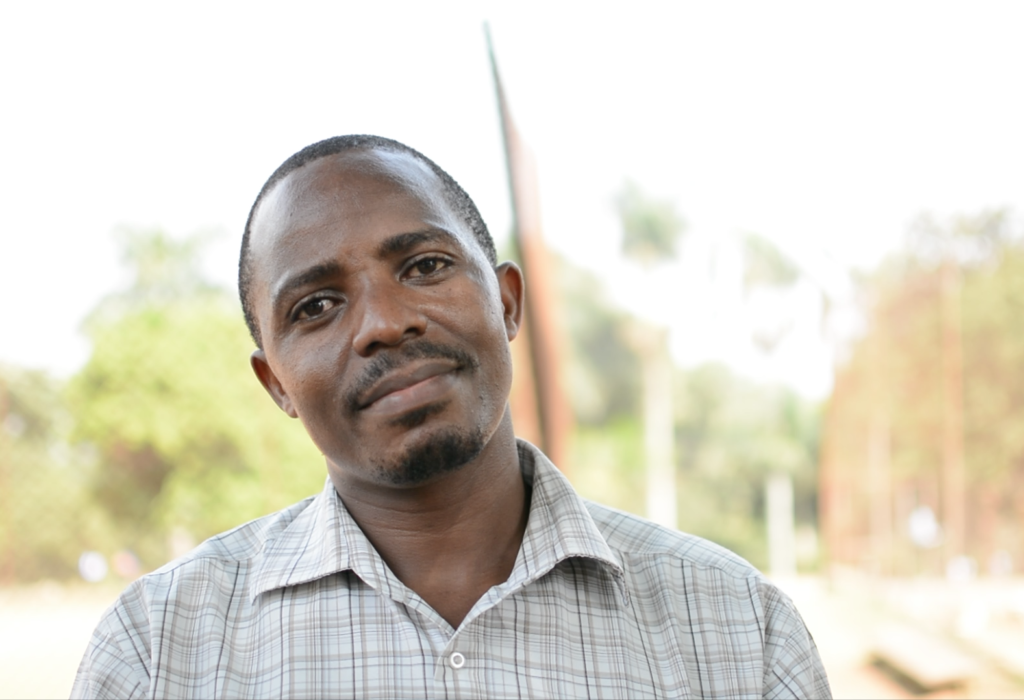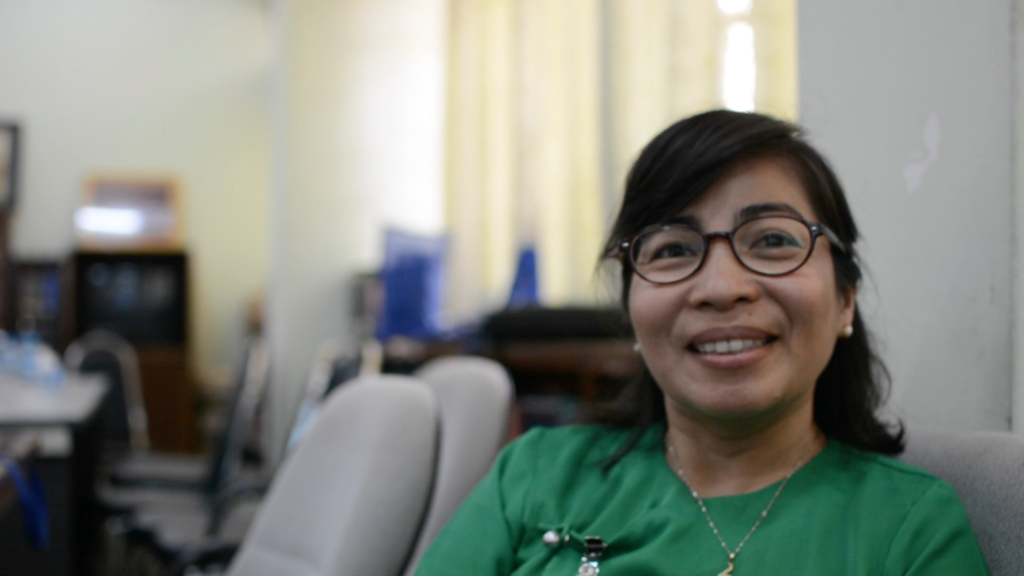What you need to know about AGORA
Access to Global Online Research in Agriculture (AGORA) is one of the four Research4Life programmes that provides free or low cost access to major scientific journals in agriculture and related biological, environmental and social sciences to public institutions in developing countries. AGORA was launched in October 2003 and today, after more than 14 years, it provides access to up to 8200 journals from the world’s leading academic publishers.
AGORA is led by the Food and Agriculture Organization of the United Nations (FAO) and its goal is to improve the quality and effectiveness of agricultural research, education and training in low-income countries, and in turn, to improve food security. Through AGORA, researchers, policy-makers, educators, students, technical workers and extension specialists have access to high-quality, relevant and timely agricultural information that can be accessed online.
Today AGORA has more than 3100 institutions registered in more than 115 countries around the globe. Any public institution in the list of eligible countries can join this programme and benefit from up to date information that can be accessed by just logging into the database.

When I was working as an entomologist I couldn’t get the information that I needed. After joining Makerere University, I learned about AGORA and from then I have been helping students and staff to use this database and other Research4Life resources.
Onan Mulumba. Agricultural Librarian at Makerere University, Uganda.
The registrations and usage of AGORA have increased during the past year, with most users coming from Africa, Asia, Central and South America. This positive impact is partly due to a number of capacity development activities provided by AGORA program managers who constantly bring AGORA training resources and workshops to eligible countries and users. Several capacity development activities were held in Namibia, Myanmar, Tanzania, Ghana, Bolivia, Zimbabwe, Honduras, Nicaragua and Laos.
With AGORA we don’t have to buy books, we can read them online and also other publications. This is really effective for us researchers.
Dr. San San Aye. Professor at the Department of Botany. University of Yangon. Myanmar.

Users can check if their institution is already registered to AGORA by searching the following list, and request access by asking to the librarian or information manager in charge. If the institution is not registered and is part of the eligible countries, access can be granted by following the instructions provided in the registration form.
The series of stories presented here were possible through a grant from the Elsevier Foundation.





